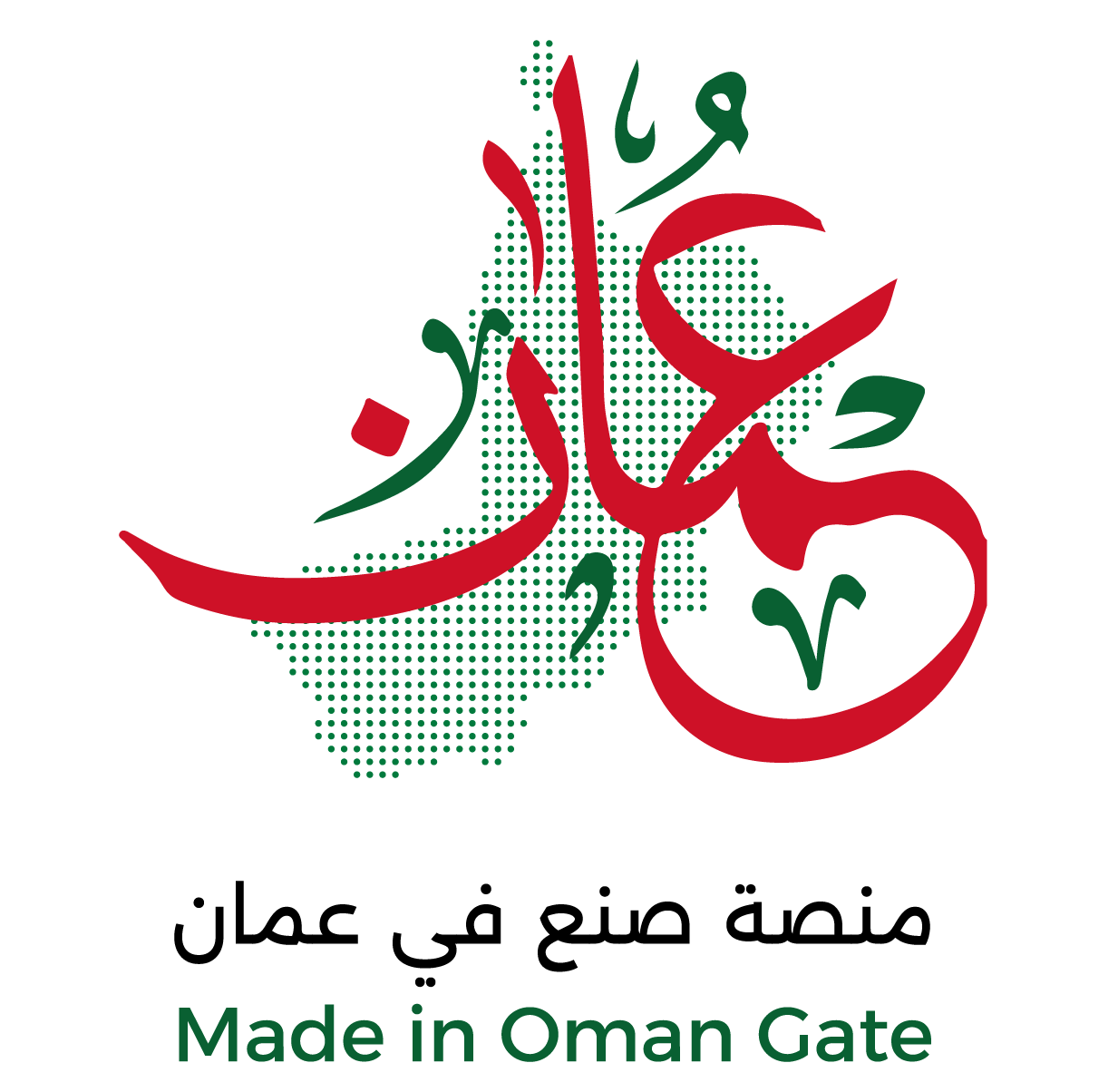Oman is making significant strides in revolutionising its transport system by focusing on green initiatives and the deployment of Intelligent Transportation Systems (ITS). These efforts were highlighted during the recent UITP Mena conference in Salalah, where key stakeholders from various sectors shared their insights and plans for the future.
At the forefront of Oman’s green initiatives is the electrification of its public transport fleet. Eng Abdullah al Busaidi, Director General of the Oman LogisticS Centre and Net Zero Consultant at the Ministry of Transport, Communications, and Information Technology, emphasised the country’s ambitious targets. “Oman is committed to a greener future by focusing on the electrification of buses and the introduction of hydrogen buses for intercity travel,” Al Busaidi stated. The plan includes the installation of 150 EV charging points along major highways and the operationalisation of a hydrogen station in Muscat by the end of 2024.
In addition to electric and hydrogen buses, Oman is exploring the potential of hydrogen fuel cell technology and integrating solar energy to reduce reliance on fossil fuels. The government is also supporting the production of sustainable local biofuel, which could further enhance the sustainability of its transport sector.
Intelligent Transportation Systems is another critical area where Oman is investing heavily to modernise its public transport system. Eng Badar al Nadabi, CEO of Mwasalat, outlined the essential role of ITS in the country’s transportation strategy. “Implementing cutting-edge technologies, including smart apps and onboard hardware, has resulted in significant cost savings and improved operational efficiency,” said Al Nadabi. Mwasalat’s Operation Control Centre, a key component of ITS, plays a crucial role in monitoring fleets, analysing passenger and driver behavior, and planning future developments.
However, the successful implementation of ITS hinges on effective data management. Al Nadabi pointed out that data integration from various government entities is a significant challenge due to its dispersed nature. “A regulatory framework to facilitate data sharing is necessary, and while initial investments are substantial, they will yield long-term returns in efficiency and operational quality,” he noted.
Dr Ibrahim al Balushi, CEO of Karwa Motors, has also integrated ITS into its operations. The company initially implemented ITS solutions in the production of 100 FIFA buses and plans to expand these technologies across its product range. Dr Al Balushi highlighted ITS’s benefits, including enhanced system safety, operational efficiency, and reduced prototype and testing times. “ITS reduces the need for multiple prototypes and shortens testing times, streamlining the homologation process,” Dr Al Balushi explained.
Despite the technical complexities and infrastructure costs associated with ITS, as well as resistance to change from end users and public transport authorities, Karwa Motors is committed to overcoming these challenges. “The availability of ITS is crucial for protecting vehicles, passengers, and drivers, and for enhancing fleet management and driver assistance,” Dr Al Balushi added.
During the conference, Mwasalat introduced Oman’s inaugural electric bus into its public transport fleet, demonstrating the company’s dedication to sustainability and environmental responsibility. This eco-friendly inclusion aligns with Asyad Group’s sustainability agenda and supports Oman’s goal of achieving net zero emissions by 2050. The introduction of the electric bus represents a notable advancement towards zero emissions and sustainable public transportation in Oman.
Oman Observer


